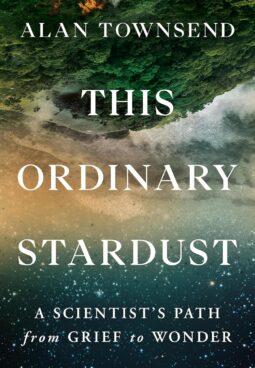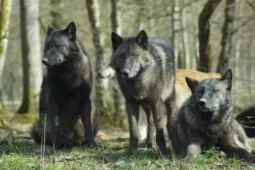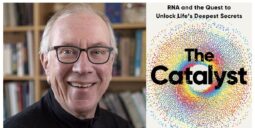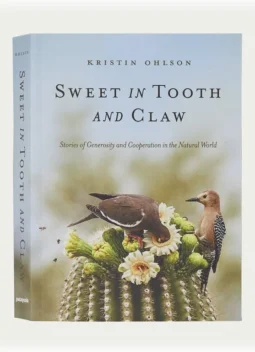 Sweet in Tooth and Claw (start time: 0:59) Since the 1800s, science has been obsessed with the notion, stemming from Charles Darwin’s theory of evolution through natural selection, that only the “fittest” can survive and pass on their strong genes. As in, it’s a ruthless, violent world. And today, we humans find ourselves mired in a hyper-polarized society fixated on competition, disruption, and “If you win, I lose” thinking. A good time to take a look at a different way of living together–how a “kinder, gentler” approach also helps species evolve. In this week’s show, Susan Moran interviews journalist/author Kristin Ohlson, whose most recent book, Sweet in Tooth and Claw: Stories of Generosity and Cooperation in the Natural World, was recently released in paperback by Patagonia Works.
Sweet in Tooth and Claw (start time: 0:59) Since the 1800s, science has been obsessed with the notion, stemming from Charles Darwin’s theory of evolution through natural selection, that only the “fittest” can survive and pass on their strong genes. As in, it’s a ruthless, violent world. And today, we humans find ourselves mired in a hyper-polarized society fixated on competition, disruption, and “If you win, I lose” thinking. A good time to take a look at a different way of living together–how a “kinder, gentler” approach also helps species evolve. In this week’s show, Susan Moran interviews journalist/author Kristin Ohlson, whose most recent book, Sweet in Tooth and Claw: Stories of Generosity and Cooperation in the Natural World, was recently released in paperback by Patagonia Works.
Host/Producer: Susan Moran
Engineer: Jackie Sedley
Executive Producer: Joel Parker
Listen to the show here:
Podcast: Play in new window | Download (Duration: 27:04 — 37.2MB)
Subscribe: RSS




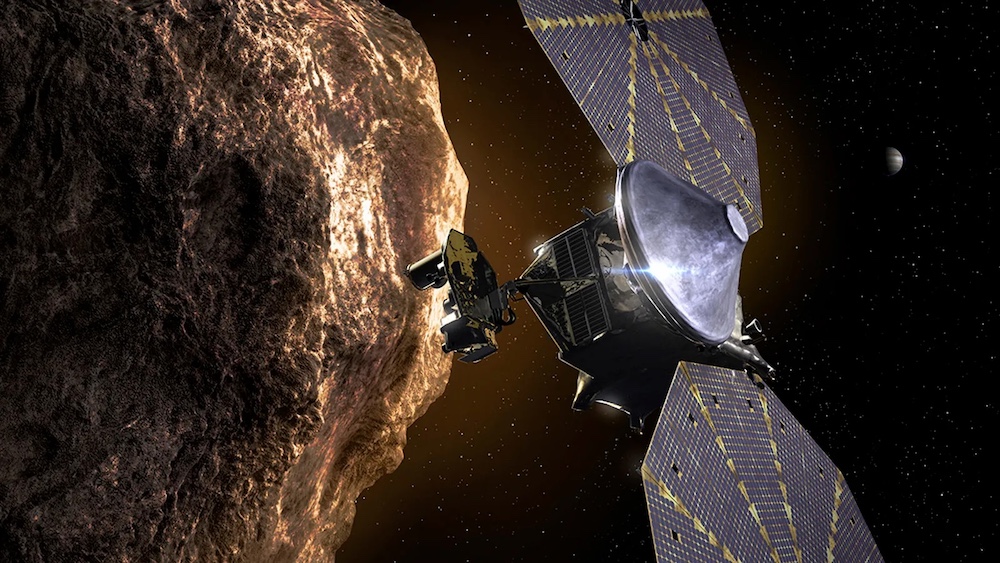
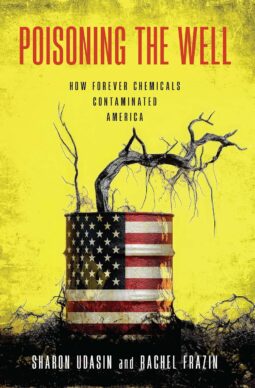
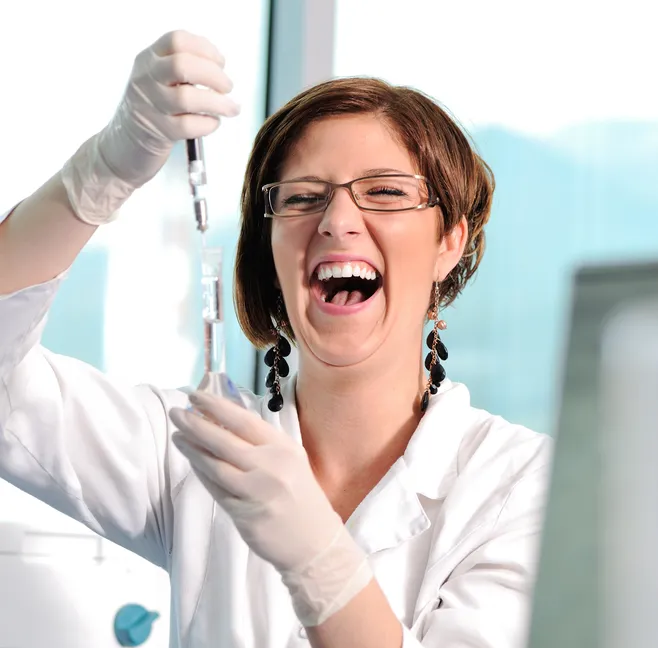
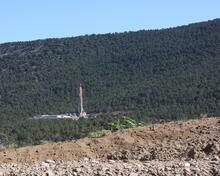
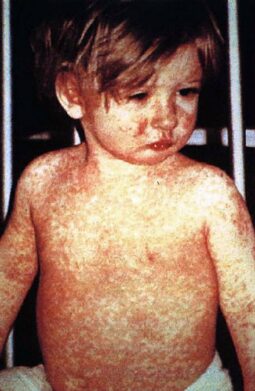 On this week’s show, Beth talks with
On this week’s show, Beth talks with 